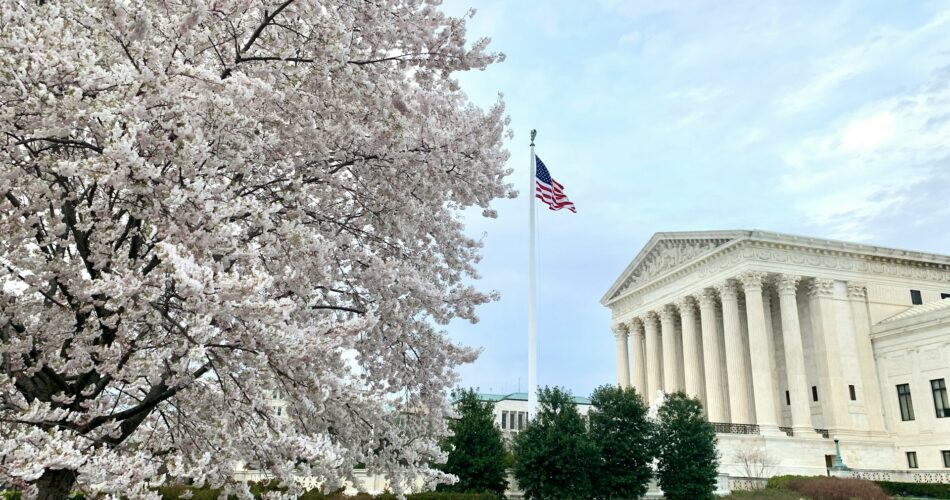They said it would be unconstitutional.
The Oklahoma Supreme Court delivered a landmark decision, ruling 7-1 against the public funding of St. Isidore of Seville Catholic Virtual School, the first-ever religious charter school proposed in the United States. The court concluded that such funding would violate the state constitution, specifically Article 2, Section 5, which prohibits the use of public funds to support any religious sect or system.
“The framers’ intent is explicit: the state cannot allocate public money for the ‘use, benefit or support of a sect or system of religion,'” stated the court’s opinion. “Enforcing the St. Isidore Contract would set a dangerous precedent and undermine the fundamental freedom of Oklahomans to practice their religion without governmental interference.”
Justice Dana Kuehn issued a dissenting opinion, arguing that allowing St. Isidore to operate as a virtual charter school would not constitute state endorsement of religion but rather expand educational choices without favoring any specific religious entity. Kuehn contended that excluding private entities based solely on religious affiliation could violate the Free Exercise Clause of the First Amendment.
Republican Attorney General Gentner Drummond, who initiated the case against the Oklahoma Statewide Virtual Charter School Board, praised the Supreme Court’s decision as a victory for religious liberty. He emphasized the importance of preventing state sponsorship of any religion, echoing the constitutional protections against government entanglement with religious teachings.
In contrast, Republican Governor Kevin Stitt expressed disappointment with the ruling, highlighting concerns about restricting religious groups’ participation in the educational landscape. Stitt underscored the popularity of charter schools in Oklahoma and voiced hope that the U.S. Supreme Court might reconsider the case, thereby granting St. Isidore the opportunity to establish its school.
The controversy began when the Oklahoma Statewide Virtual Charter School Board narrowly approved St. Isidore’s charter application in June of the previous year. Planned under the oversight of the Roman Catholic Archdiocese of Oklahoma City and the Diocese of Tulsa, the school aimed to commence virtual classes in the upcoming fall semester.
The decision drew opposition from progressive groups and Drummond, prompting the attorney general to file a complaint against the board in October. This legal challenge sparked a broader lawsuit involving various state entities and advocacy groups, setting the stage for a significant legal and constitutional debate over religious freedom and state funding in education.
